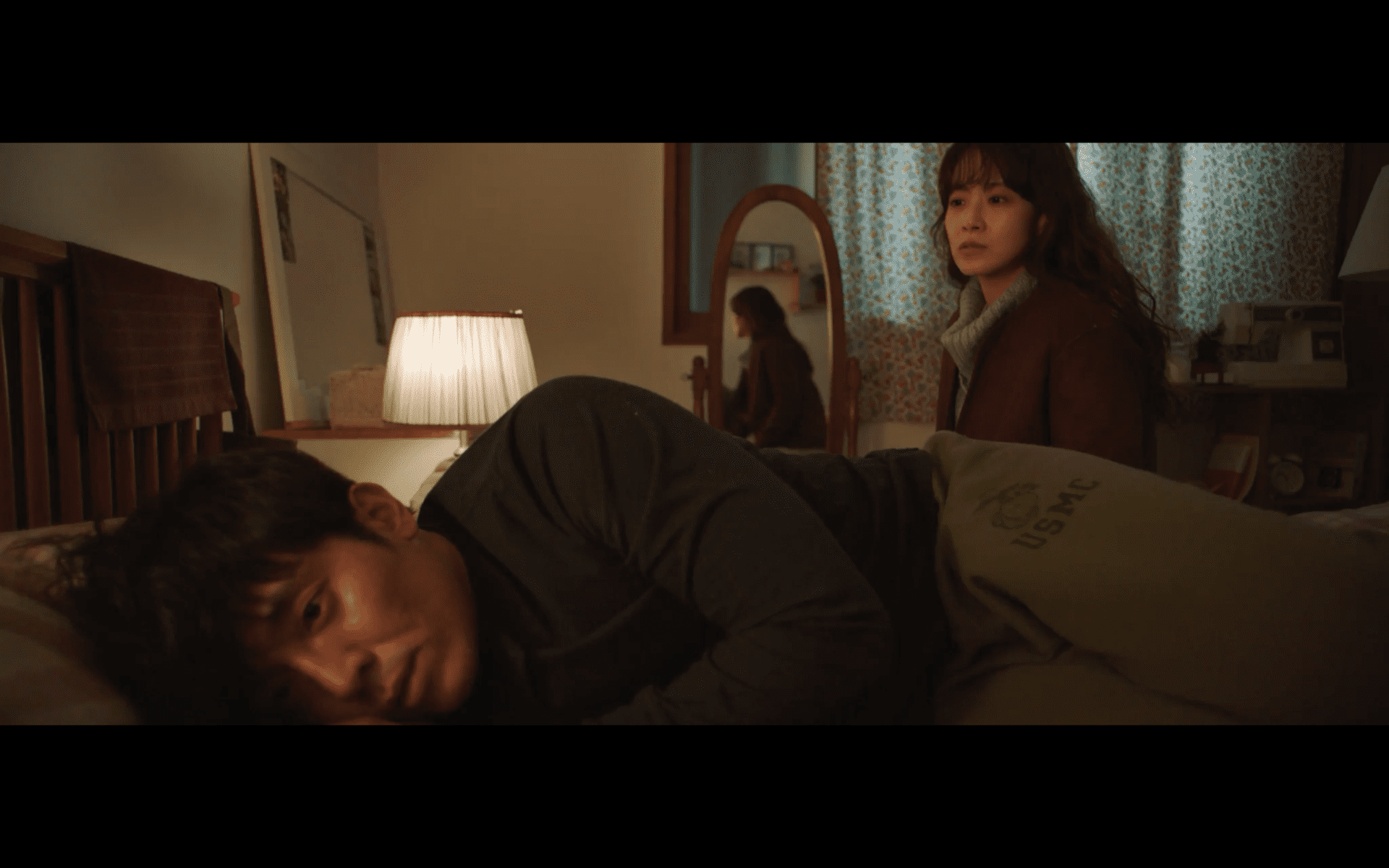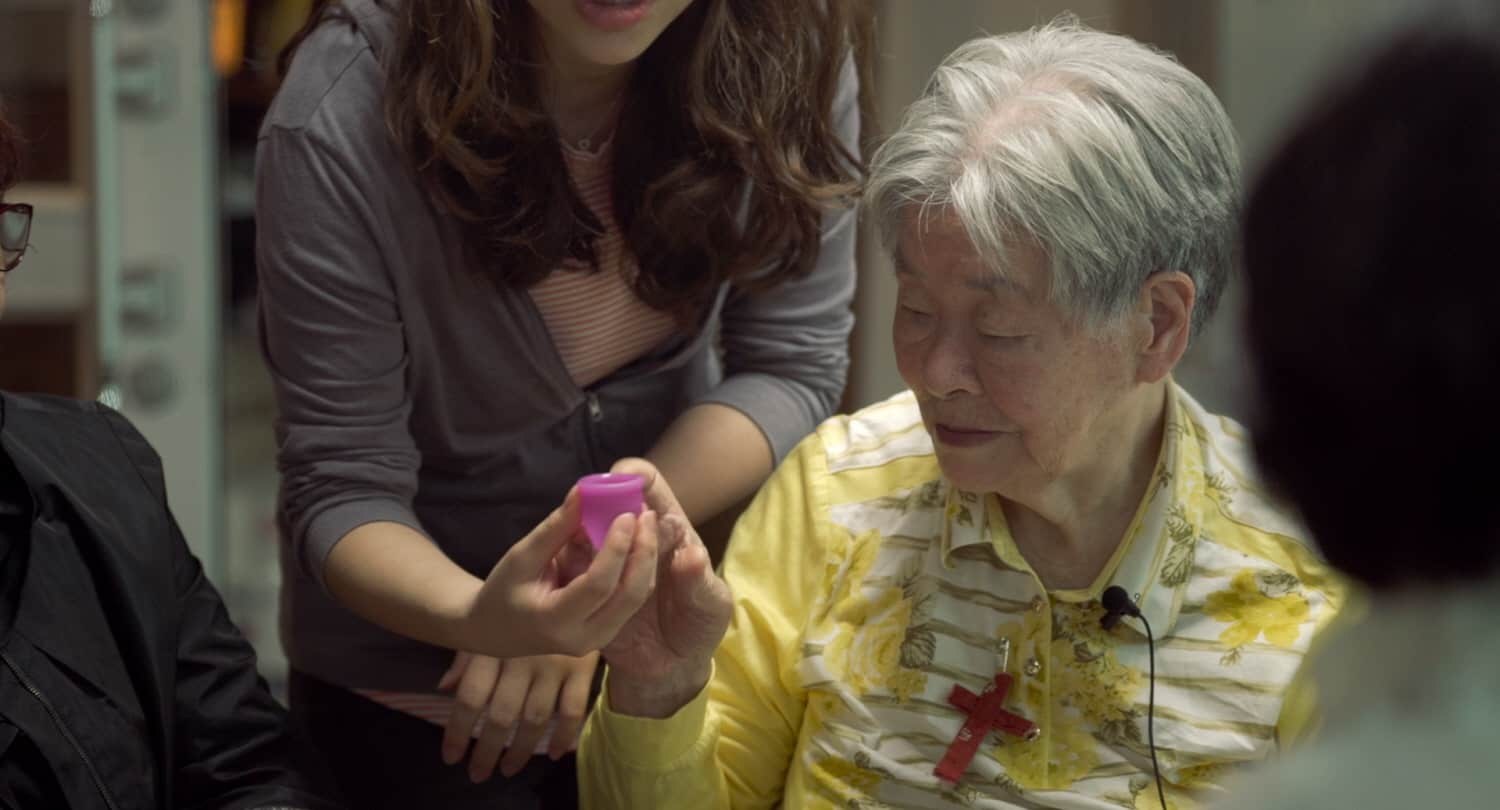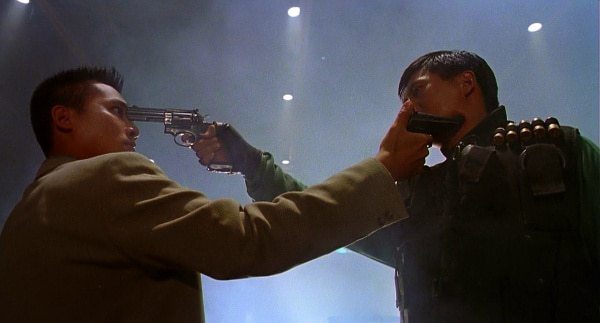One of the most prolific and eclectic directors in the Taiwanese-language film industry, Hsin Chi (also known as Xin Qi) trained in theatre in Japan during the colonial era and at the end of the 1950s, turned to cinema making films of a wide variety of genres in his career, including gothic and youth dramas. “Foolish Bride, Naïve Bridegroom” is one of the last of the so called taiyupian, before the ban by the Komintang in the 70s.
“Foolish Bride, Naïve Bridegroom” is screening at Taiwan Film Festival Edinburgh

A-kau (Chin Tu) is a widower who has raised his son Bun-tik (Shi Jung) alone. Now the young man is a good looking but very lazy and reserved bachelor and is a magnet for girls who fell for him just looking at him, at the point that they often congregate outside Bun-tik's windows to court him unashamedly. A-kau is certainly not happy with the situation and resorts in throwing water to the chanting girls to discourage them and – considering his whining nature – this gives him the occasion to complain to anyone he meets about the difficult life he had raising his child alone, how life is ungrateful with him and so on. On his side, Bun-tik doesn't seem to be bothered by the adoring girls as he is in love with Kui-ki (Chin Mei), a fearless woman who doesn't take no as an answer and for whom no obstacle is big enough to stop her. Coincidentally, even Kui-ki is a daughter of a single mother Kam-tsho (Yang Yue-fan) who is equally strong-willed and energetic.
Eventually the young couple, tired of using sneaky tricks to meet up, decides to introduce their loved-one to each other's parent. Trouble is that in that meeting, A-kau and Kam-tsho discover they were lovers many years ago and the end of their affair is still an open wound, as they both think to have been dumped by the other. The reunion turns into a disaster and, in rage, they resolutely forbid the marriage. However, the young couple has no intention to please their parents and sacrifice their love, therefore eloping is the only option left to Bun-tik and Kui-ki if they want to be together. It's not a surprise than the girl is the one to propose it and initiate it. A-kau and Kam-tsho are clearly distraught by the extreme action, especially A-kau who, in a comically pathetic scene, asks a young couple he sees in the park to call him “dad”. In the meantime, the young fugitive couple is living large in an elegant apartment despite not being quite able to afford it and their ineptitude in home economy threaten to undermine their rapport. But the happy ending is around the corner, in the form of their parents, and love will triumph, not only for the young couple but also for the old one.
Filmmaking facilities were introduced in Taiwan only after 1949 by the Kuomintang, with the goal of indoctrinating the inhabitants producing and screening Mandarin-language propaganda documentaries. However, locals did not understand Mandarin and they were more attracted to films in Amoy language imported from Hong Kong (Amoy is a dialect very similar to Taiwanese). The box office success of these Amoy films motivated and pushed a whole group of Taiwanese filmmakers to produce Taiwanese-language movies (taiyupian), watchable by local audiences without translation. Budget was minimal and screwball comedy and melodrama was a favourite genre, along with Taiwanese opera adaptations. In those golden years, Xin Qi became one of the most popular Taiwanese filmmakers. Unfortunately, at the end of the 60's, the ban on the use of Taiwanese marked the end these light-hearted commercial films that were quickly forgotten. Even later, they were snubbed by cinephiles for their “homemade” feel, the low budget and the light themes, denying any positive aspect they might have had, not least the pro-active attitude of the filmmakers against adversities and being their role of incubator of the local future industry.
As opponents of the boring Mandarin-language indoctrinating newsreels pushed by the government, taiyupian were often insolent and disrespectful, establishing new values and making fun of the traditional ones. “Foolish Bride, Naïve Bridegroom” is no exception and its more subversive comic antic is the gender reversal of almost all the characters of the narration. It starts with the widower A-kau who is portrayed more as a parody of the stereotypical whining mother than a patriarchal figure. His son is equally spineless and uninvolved, while the audacious and fearless Kui-ki is never afraid to take initiative and lead the relationship. And her mum is also a forceful woman – sometimes violent too – to be afraid of. Even physically we can see a typecast swap with A-kau small and fragile-looking, paired with a tall and robust Kam-tsho. In a final extremely tradition-breaking act, A-kau reverses the patriarchal order and is transported in a sedan, covered by a bridal veil to Kam-tsho's house, in a ceremonial tradition usually performed by the bride.
In this comedy that nowadays would be called rom-com, the “com” is mainly in the hands of the parent characters. The traditional comedy shenanigan is more noticeable in the scenes with the two parents, not only when they are together (arguing and bantering, mocking an opera duet) but also in their solo antics, especially A-kau and his melodramatic monologues. The “rom” parts are maybe the weakest parts of the film, but for that era and socio-political status-quo, the odd representation of the young couple must have been without a doubt ground-breaking.
Finally, “Foolish Bride, Naïve Bridegroom” as well as all these forgotten movies are extremely interesting as they offer a snapshot of the ordinary life in Taiwan during the prohibitive martial law era, from the fashion to the interior design of the apartments, the streets and the buildings. The dedicated work of some scholars, like Professor Chris Berry of the Kings College of London with his project “Taiwan's Lost Commercial Cinema” has allowed these gems – recovered and restored by the Taiwan Film Institute – to resurface and be appreciated.
















